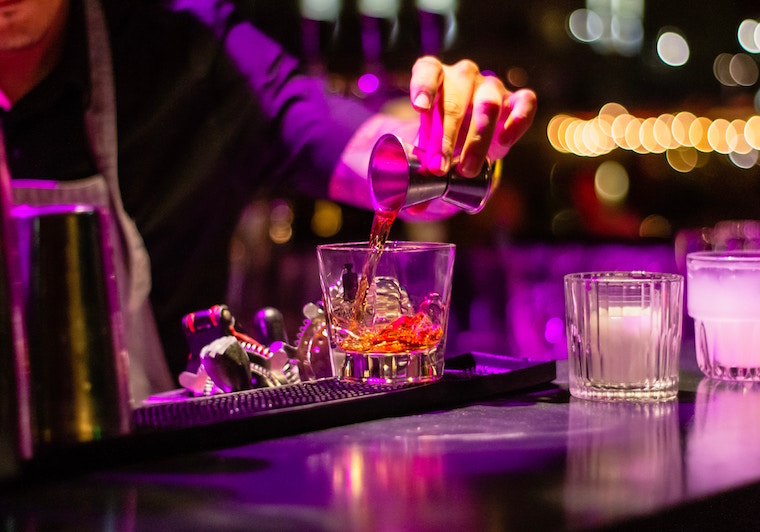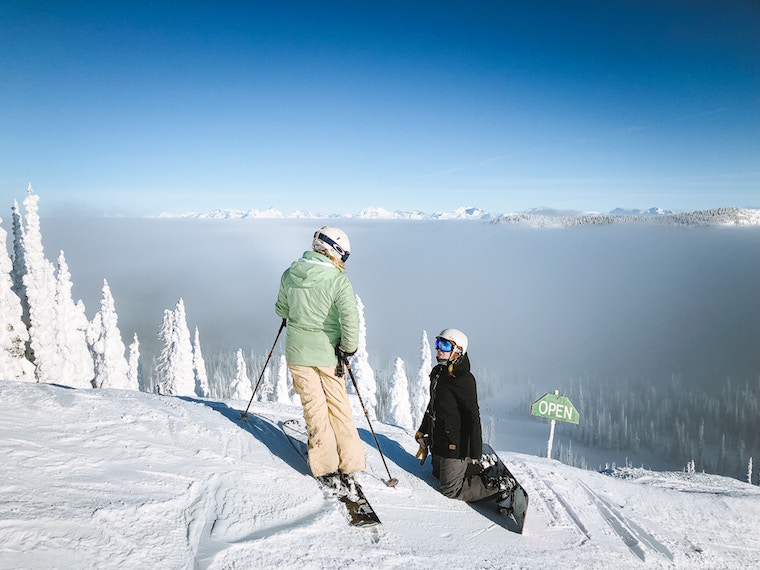Enjoy Your Celebrations but Moderation is Best
From the holiday season of exuberant dining and imbibing, we plunged headlong into New Year’s resolutions! All that extra indulgence had to be dealt with! By the end of January, our resolve had been tested and some of us may already have fallen. With Valentine’s Day around the corner, there may be temptations galore yet again!
Staying well informed is one way to prevent excessive consumption of alcoholic spirits and sugary foods during celebrations. Many people are surprised to learn what counts as one drink. The amount of liquid in your glass, can, or bottle does not necessarily match up to how much alcohol is actually in your drink. Different types of liquor can have very different amounts of alcohol content. That’s why it’s important to know how much alcohol your drink contains.
In the United States, one “standard” drink (or one alcoholic drink equivalent) contains roughly 14 grams of pure alcohol,1 which is found in:
- 12 fluid ounces of regular beer, usually about 5% alcohol.
- 5 fluid ounces of wine, typically about 12% alcohol.
- 5 fluid ounces of distilled spirits, about 40% alcohol.
According to the U.S. Department of Health and Human Services and the U.S. Department of Agriculture, moderate drinking is up to one drink per day for women and up to two drinks per day for men.2
One way to keep yourself from overindulging is to slow down the pace of drinking and to eat something at the same time. Dietician Cynthia Sass recommends eating something that has protein, fat or both because those two empty out of the stomach slower. She explains that they create a better buffer than carbohydrates.3 She also suggests a glass of water with each alcoholic drink, then adding another glass of water before your next beverage. She adds that “mock-tails” are a great alternative to alcohol when you are staying within your limit. Mock-tails often have sparkling water, berries and herbs to make them taste delicious without the alcohol content.
Certain people should avoid alcohol completely, including those who:
- Plan to drive or operate machinery, or participate in activities that require skill, coordination, and alertness.
- Take certain over-the-counter or prescription medications.
- Have certain medical conditions.
- Are recovering alcoholics or are unable to control the amount that they drink.
- Are younger than age 21.
- Are pregnant or trying to become pregnant.
Most people recognize that alcohol can do serious damage to the liver when used in excess; however, your immune system takes a hit, too. Even one night of drinking too much liquor can impair your body’s ability to evade infections, for up to 24 hours afterward.4 Any individual prone to colds or sinus infections should monitor alcohol intake to avoid illness this winter. To help stay on the Active Wellness path, Kenzen® Immunity and Kenzen® Cleanse & Detox are two of our favorite organic supplements that help counteract the possible effects of overindulgence!
Wishing you a Happy Lunar New Year of the Rat—full of prosperity and moderate indulgences in a healthy life of Active Wellness!
For more information on the Kenzen® Immunity and Kenzen® Cleanse & Detox go to

